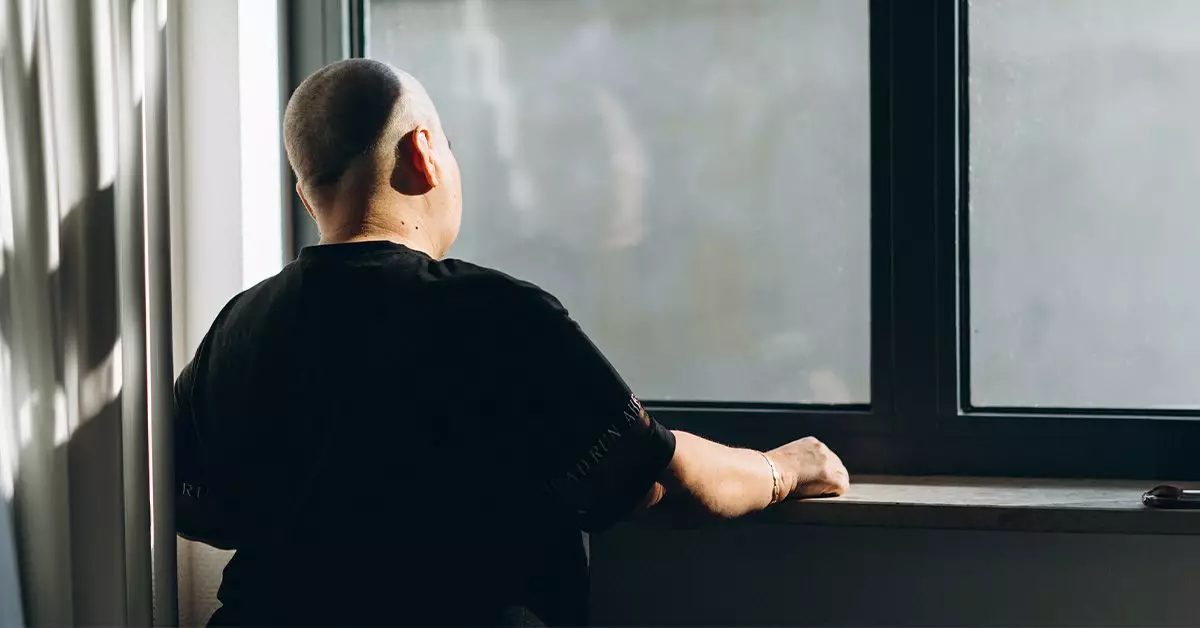Chemotherapy is a common type of cancer treatment that utilizes powerful medications to target and kill rapidly dividing cancer cells. However, along with its effectiveness in fighting cancer, chemotherapy can also bring about a range of side effects – one of which is depression. The medications used in chemotherapy can travel throughout the body, attacking not only cancer cells but also healthy cells, leading to various physical and mental health challenges for patients.
Depression is a mood disorder characterized by persistent feelings of sadness and hopelessness, lasting for weeks, months, or even years. Individuals with depression may experience a range of symptoms such as loss of interest in activities, anxiety, low energy, fatigue, and difficulty sleeping. When undergoing chemotherapy, these symptoms can be exacerbated due to the intense nature of the treatment and the toll it takes on the body.
Recent studies have shed light on the prevalence of depression among individuals undergoing chemotherapy. A 2021 study indicated that around 41% of people receiving chemotherapy treatment may experience depressive symptoms. While it is challenging to pinpoint whether depression is solely a result of chemotherapy or influenced by factors such as the cancer diagnosis and its side effects, research from 2017 suggested a direct link between chemotherapy and depression.
Several factors may contribute to the development of depression in individuals with cancer. Research from 2019 highlighted the role of inflammation in triggering depressive symptoms, while certain medications used to manage chemotherapy side effects could also impact dopamine levels in the brain, potentially leading to depression. Additionally, treatments like steroid therapy and androgen deprivation therapy have been associated with an increased risk of depression.
The American Cancer Society reports that 1 in 4 individuals with cancer will experience depression at some point during their cancer journey. It is crucial to recognize the signs of depression, which can emerge shortly after diagnosis or even months after treatment completion. While some research has suggested that certain antidepressants may interact negatively with chemotherapy, there are safer options, such as SSRIs, that can be considered in consultation with healthcare providers.
Managing Depression During Chemotherapy
In addition to medication, lifestyle changes can play a significant role in managing depression during chemotherapy treatment. Research from 2024 emphasizes the importance of maintaining a healthy lifestyle, including practicing good sleep hygiene, avoiding alcohol and recreational drugs, and engaging in physical activity. These changes can complement traditional treatment methods and help individuals cope with the emotional challenges of cancer treatment.
The link between chemotherapy and depression is a complex and multifaceted issue that warrants attention in cancer care. While chemotherapy remains a vital tool in fighting cancer, healthcare providers must also consider the mental health implications of treatment and provide comprehensive support to patients. By addressing depression effectively and implementing strategies to manage symptoms, individuals undergoing chemotherapy can enhance their overall well-being and quality of life during the cancer journey.

